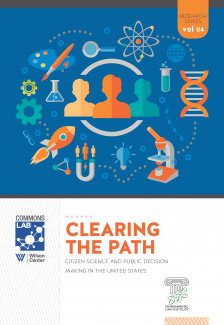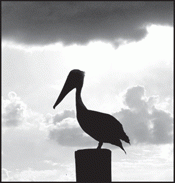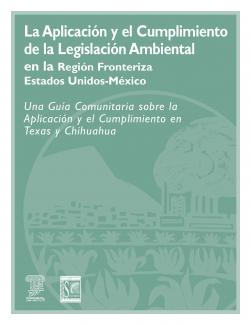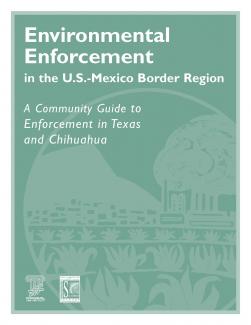Just Let the Engineers, Medical Doctors, and Scientists Speak

“I’m fed up with people being killed because [the engineering] profession contains a bunch of dogmatic idiots. . . . The right thing to do here is pretty obvious: slow down the cars. . . . When you enter an urban environment . . . 15 mph would be the top in my opinion. . . . But Chuck, we can’t do this, says the incompetent fool of an engineer. In my world—in a just world—that engineer loses their job tomorrow (and their license) because they are a danger to society.”
So it came to pass that, in a December 2014 blog post, land use planner and Strong Towns founder Charles Marohn, licensed professional engineer PE #40142, kicked off a still ongoing battle with the Minnesota Board of Licensure.
Marohn prevailed in the original administrative complaint lodged against him for that post, alleging a violation of a board rule stating “a licensee shall avoid any act which may diminish public confidence in the profession.” That did not end the matter. Some years later, the board received a second administrative complaint against Marohn, arising from a temporary lapse in his professional registration. Rather than expeditiously resolving that minor technical violation, the board is pursuing, in a state-contested hearing, what strikes me as a draconian penalty. In early 2021, Marohn filed a federal First Amendment lawsuit against the Board of Licensure, a case dismissed in late 2021, because of the pending state proceedings.
These proceedings thwart Marohn’s efforts to improve pedestrian and bicycle safety. But it is worse. Marohn observes that the typical post-World War II subdivision has a low density of economic activity, in comparison to the high long-term costs of maintaining infrastructure such as roads, sewers, water, electricity, streetlights, telecommunication, etc. (just ponder the density of economic activity and infrastructure in a city center, compared to suburbia). He concludes that a municipality allowing suburban property development will “experience a modest, short-term illusion of wealth in exchange for enormous, long-term liabilities [maintaining infrastructure],” which he quite correctly labels the “Growth Ponzi Scheme.”
The loner is hardly ever effective. Engineers, medical doctors, and scientists pretty much must work within institutions, be it a professional licensing board, a government land management agency, a hospital, an environmental NGO, a university, environmental compliance within a for-profit corporation, or social media. Institutions promulgate one’s technical knowledge to wider application.
Those institutions offer opportunity, yet also have a dark side. It seems inevitable that anyone applying their technical knowledge to broader society will eventually find themselves at loggerheads with some institution or another, putting them at risk of being banned, transferred, fired, condemned, sentenced, disinvited, discredited or gagged, resigned, or a party to Kafkaesque proceedings.
To cite a few examples, my scientific collaborator Dave Mattson was effectively banned from doing field work on grizzly bears in Yellowstone for his cogent and persistent critiques of park policies, and took a “voluntary” transfer to the southwest. More recently, LinkedIn and Twitter banned mRNA vaccine pioneer Robert Malone, for his thoughtful critiques of Covid vaccine safety, efficacy, and policy.
Last fall, MIT invited University of Chicago extraterrestrial climatologist Dorian Abbot to give a climate lecture, then disinvited him, capitulating to a group critical of his views on diversity in science. Not to be outdone by upstart MIT, at Berkeley, that former bastion of free speech, atmospheric physicist David Romps, then director of its Atmospheric Sciences Center, attempted to invite Abbot, but encountered significant resistance among the faculty, causing him to resign as director.
In Massachusetts vs. ExxonMobil, the state complains that Exxon misled the public about its “internal scientific knowledge” of climate change. Exxon attempted (unsuccessfully) to dismiss the case with an anti-SLAPP statute, arguing that it—the corporation—had a right to participate in public debate. Critically, this dispute is about alleged corporate rights, not about the right of scientists to speak. The scientists at corporations are almost always very gagged, by non-disclosure agreements and by corporate policies, especially those funneling external communications through media relations officers.
In a 1633 inquisition, the Catholic Church tried Galileo of suspicion of heresy, and condemned and sentenced him to house arrest. Then in 1979 the Pope commissioned the Pontifical Academy of Science to look into the matter, and in 1992—some 359 years after the fact—Pope John Paul II apologized.
Just Let the Engineers, Medical Doctors, and Scientists Speak




